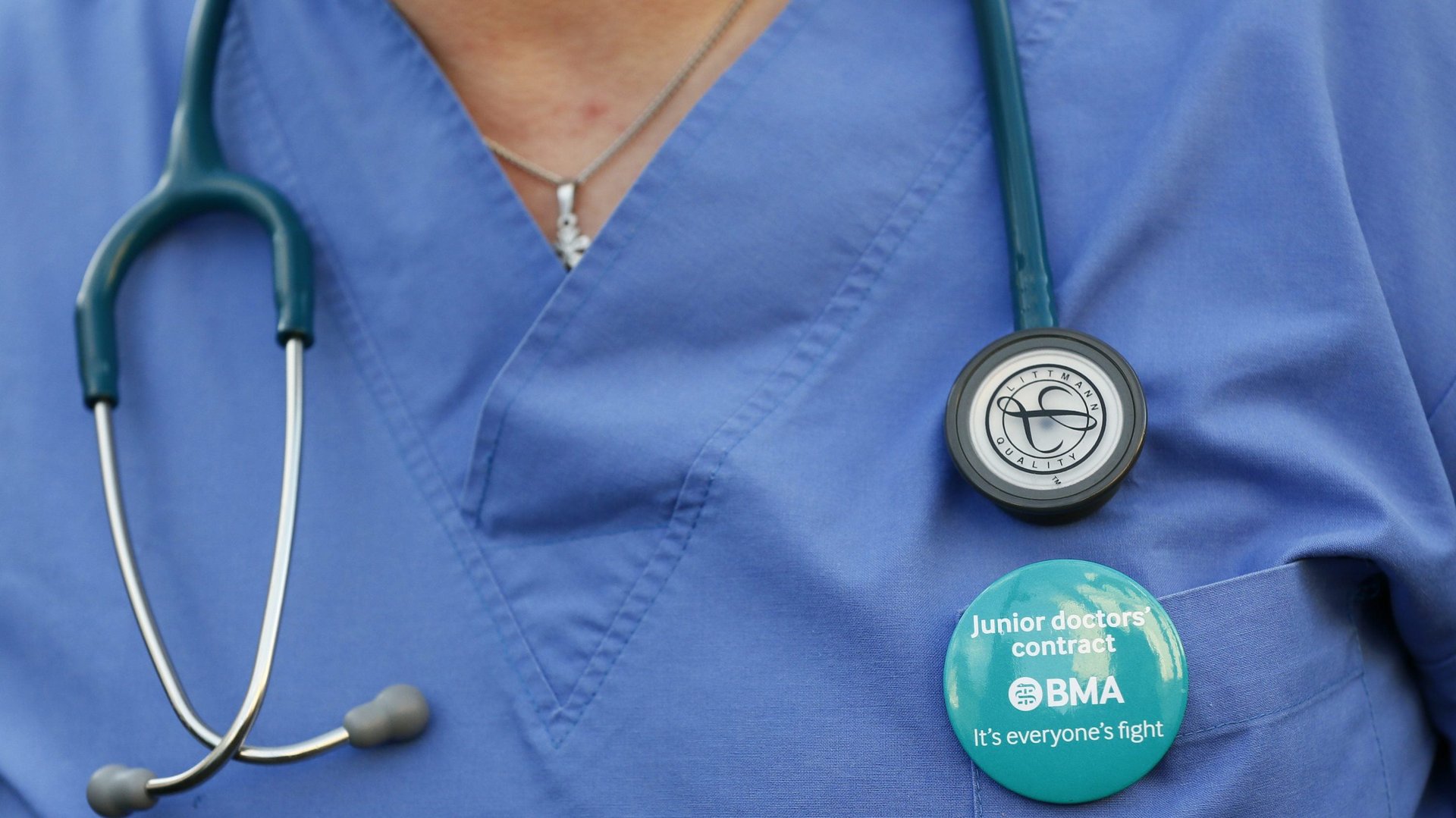An emergency-room doctor explains why being racist is bad for your health
As an Asian-American emergency department doctor, I’m accustomed to patients commenting on my race. Once, after a patient spewed racially-tinged profanity at me and the Asian-American resident working with me that day, I quizzed the resident afterward. What was the patient’s singular risk factor for a poor outcome in that visit?


As an Asian-American emergency department doctor, I’m accustomed to patients commenting on my race. Once, after a patient spewed racially-tinged profanity at me and the Asian-American resident working with me that day, I quizzed the resident afterward. What was the patient’s singular risk factor for a poor outcome in that visit?
The resident ticked off items. “He’s not diabetic, no hypertension or high cholesterol … could he be a smoker? I’ll have to go back and ask.” Then the resident groaned. “But that means I have to go back and talk to him again.”
Bingo! The patient’s primary risk factor was that he was full of hate.
Racism is a terrible thing for people to experience—on both an emotional and physical level. People who are the targets of racial prejudice have higher rates of depression, anxiety, diabetes, high blood pressure, and cardiac disease.
But my experience as a doctor suggests that racism is also bad for racists. I’ve written before about my experiences in the hospital with patients who are racist. On occasion, for example, I’ve had patients refuse to receive care from me in the ED, opting instead to be seen solely by the (white) resident, or choosing to leave the hospital altogether and seek care elsewhere.
In those cases, holding tightly to racist beliefs led people to bypass a qualified doctor who was immediately available to care for their emergency condition—a choice that carries health risks in its own right. Beyond that, when patients broadcast bigoted opinions, the entire care team—including other doctors, nurses, and ancillary staff—tends to recoil from the depth of their hatred. No matter what the medical team’s commitment to fulfilling their medical and ethical responsibilities, they may feel alienated and reluctant to spend extra time with the patient. And because time spent with patients directly affects the quality of their care, being hateful may very well negatively impact a patient’s treatment.
Scientists have hypothesized that racism evolved as a mechanism for members of a group to identify “outsiders” who might deplete the group’s resources. In modern times, however, this entrenched brain function wreaks havoc, backfiring on those who harbor the prejudice, and eroding their own quality of life. In communities with high levels of anti-black prejudice, for example, black people have higher mortality rates—but so do white people. Other studies have shown that misogyny raises rates of male mortality. It’s as if hate poisons everything in reach: its victims, its hosts, and the entire community.
I want patients under my care to do well, no matter what their beliefs or behavior. So when a patient demonstrates racism—or sexism, homophobia, or other forms of prejudice—I fear for them, for the ways in which they are putting themselves in harm’s way. In the past, it hasn’t occurred to me that I could have any role in addressing intolerant views I encountered in my practice. But lately I have wondered: Perhaps as part of providing our patients with appropriate care, we should acknowledge the potential long-term, serious effects of prejudiced views.
In some ways, after all, hate seems like other toxic, modifiable behaviors such as smoking or excessive drinking. When doctors encounter patients who hold negative biases against other people, it may be worth reminding them that they are hurting themselves. And we can advise them towards a healthier choice: a life of acceptance, love, and inclusion.